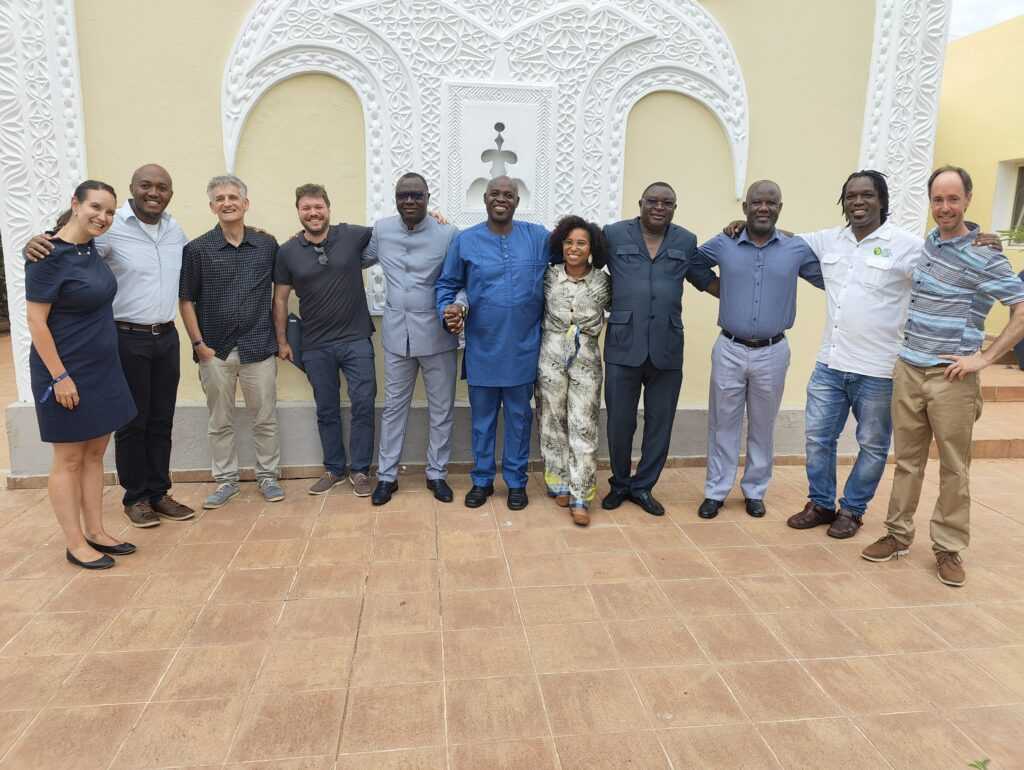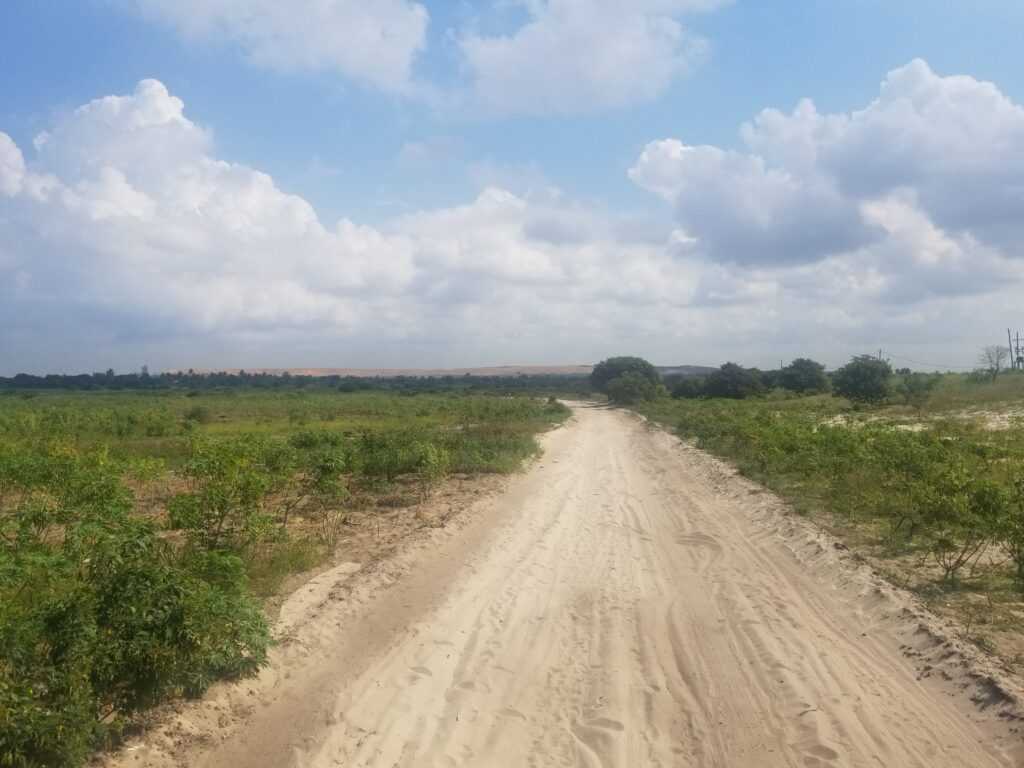
Health is central to sustainable development, and thus a cross-cutting issue of the 2030 Agenda for Sustainable Development. Natural resource extraction projects in Africa have considerable potential to impact on health-related targets of the 2030 agenda. Experience from African countries shows that adverse impacts from resource extraction projects on health tend to prevail.
A health impact assessment (HIA) is a prospective approach to anticipate future direct and indirect health effects of such projects. It identifies appropriate actions to manage those effects aiming to strengthen positive health outcomes and minimize adverse health outcomes. HIA can therefore enable to engage natural resource extraction projects in the work towards the health-related targets of the 2030 Agenda for Sustainable Development.
That’s why the ‘Health impact assessment for engaging natural resource extraction projects in sustainable development in producer regions’ (short HIA4SD project) aims to conduct research that informs and facilitates a policy dialogue, and ultimately policy change, for strengthening the application of impact assessment as a regulatory mechanism in Africa.
See ABOUT US for more information.

Explore the different topics around health impact assessment and the diverse areas of work of the HIA4SD project. Click on the tiles to learn more about the different topics.
The HIA4SD project is carried out in four African countries, namely Burkina Faso, Ghana, Mozambique, and Tanzania. These countries have a history of resource extraction and are associated with a low level of development in the health sector.
In all four countries health surveillance data (DHIS2) and other national-level datasets were available for analysis. A strong data situation was already present from the national ‘Demographic Health Survey’ (DHS) or was implemented as a software gathering ‘District Health Information’ (DHIS2), amongst others.
The HIA4SD project actively contributes to HIA capacity building in resource extraction regions. The project team will conduct a series of in-person and online HIA courses for Ministries, private sector companies, educational institutions, and impact assessment service providers, among others.
It is a wrap! The project team met in Zanzibar to review the last six years and take an outlook…